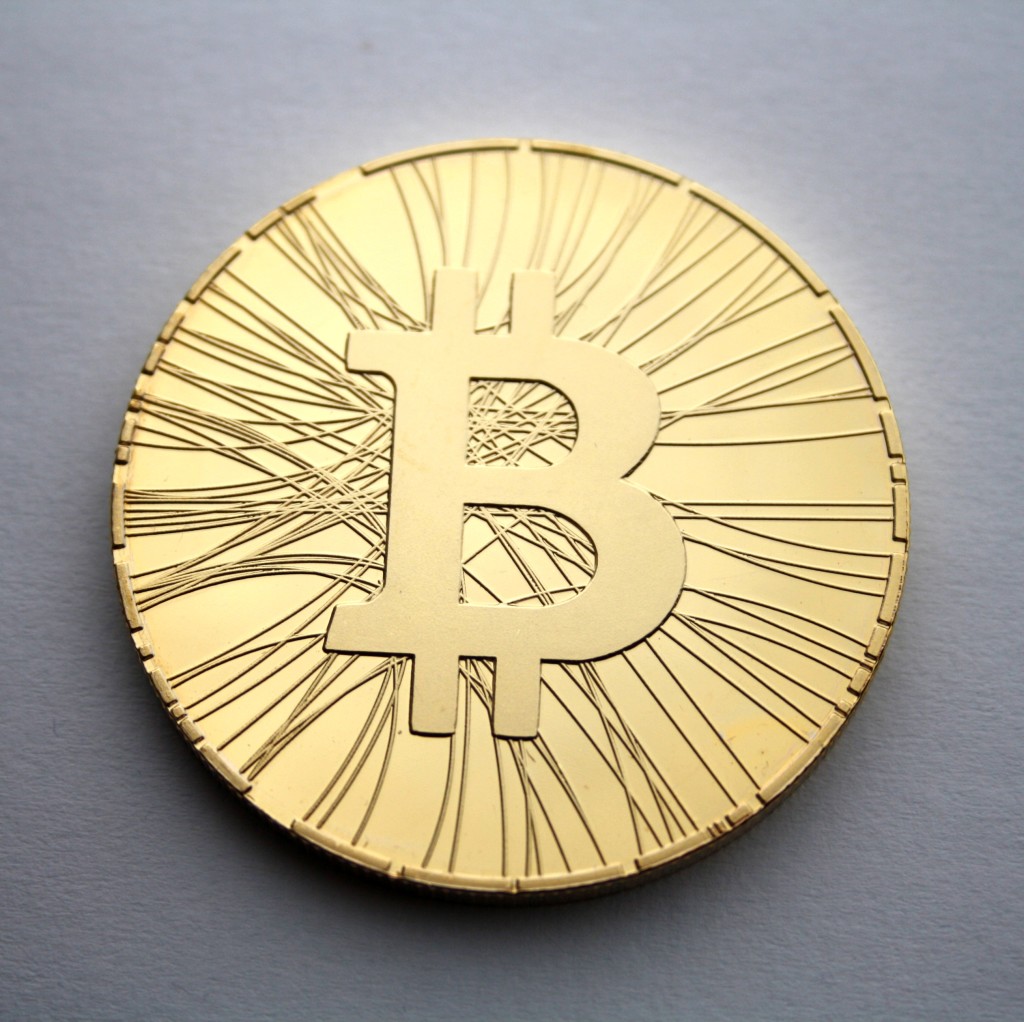
By Brandon Roark
Somewhere between Bitcoin’s stratospheric hype and stubborn scepticism is what bitcoin – or cryptocurrencies generally – actually is and offers. Its critics span the ideological spectrum, noting on the one hand that Bitcoin may pose a threat to financial central planning initiatives; and on the other, that a virtual currency simply doesn’t have the substance that gold and silver investors demand. Those of us who understand, perhaps from the Austrian perspective, the scale of economic damage caused by central banking are not going to be terribly interested in the concerns of the state or its apologists concerning Bitcoin. However, hard money enthusiasts are quick to point out how the regime’s opinion may affect cryptocurrency adoption, perhaps as their own knee jerk reaction to a new and mysterious technology.
Bitcoins, like other cryptocurrencies but very much unlike gold or silver, are not physical objects. Bitcoin is a ledger of cryptographically secured addresses, each having a numerical balance associated to it. The number represents nothing in the physical world; it is a proxy for the valuations of real people using Bitcoin. In exchange for a valuable good or service, a Bitcoin user can authorize his or her own address to be debited a certain amount in order that the seller’s address be credited by the same amount, much like electronic banking in fiat currencies.
What makes Bitcoin revolutionary is that it functions much more like precious metals than dollars, euros or yen. When humans predominantly traded in metals like gold and silver as monies, each transaction would have been conducted in a fraction of the total quantity of the metal available because such a commodity is naturally scarce. This feature made it possible for a price system to emerge, as some goods would trade for a larger portion of a precious metal and others for a smaller portion. Money, of any kind, makes it possible to compare the value of different goods in terms of a single commodity. When that commodity is ultimately scarce, meaning its quantity cannot be increased or decreased unilaterally, or more specifically, counterfeited; the prices that form demonstrate meaningful comparisons of subjective value.
Like an owner of gold owns a fraction of all the gold that is naturally available, an owner of Bitcoin also has a definite fraction of all the Bitcoin that will ever exist, but with math rather than chemistry being the limiting factor. There will only ever be 21 million whole Bitcoin units. Scarcity of Bitcoin units is ensured by a decentralized network of computers that anyone can join, each hosting a copy of the same ledger. Any changes to the ledger must be confirmed on the network before being added to the blockchain. Fraudulent transactions cannot be confirmed and so are automatically eliminated once the blockchain is amended with a genuine confirmation which happens about every ten minutes. By this method, the total number of Bitcoin as well as by whom each Bitcoin is owned is tightly controlled without being subject to any one person’s influence. The effect is practically identical to a commodity based money, except without the overhead of trading physical objects to express something as ethereal as value.
Perhaps the weightiest critique of cryptocurrencies becoming a generally recognized money is the allegation of their attempting to violate the monetary Regression Theorem as posited by economist Ludwig von Mises. The Regression Theorem states that for any commodity to become useful as a medium of indirect exchange – a money – it must first be valued and traded for reasons unrelated to its use as a money. Even gold would not have gotten off the ground to become money if it was simply commanded by a monarch; it had to be seen as a valuable commodity by people generally – perhaps for its association to nobility, wealth and beauty – allowing it to be accepted as payment with the intention of buying something else with it. Many different commodities have been used as monies throughout history, but gold and silver dominated for reasons including their scarcity, fungibility, durability and other traits when compared to, say, salt or cattle.
So here’s the million Bitcoin question: if the dollar used to be backed by gold and gold is backed by its original value as a commodity, what on earth backs Bitcoin or any cryptocurrency for that matter? While this is the pivotal question for the future of Bitcoin, the answer is far more approachable than the workings of the technology itself. Anyone who adheres to the ethics of private property; who reviles at the impoverishment created by “quantitative easing” and taxation; who is disgusted by the mass murder and chaos caused by the debt funding of government militaries; anyone who values peace and cooperation over coercion and conquest has a reason to value Bitcoin.
What Bitcoin and currencies like it represent is a fundamental transformation in the way money could work and who it would empower. Bitcoin offers the potential to make central administration of money obsolete, if not totally impossible by virtue of the architecture. It has the power to end reckless deficit spending, booms fueled by artificial credit expansion and their resulting busts. Because transactions in Bitcoin are exclusively the domain of participating parties, contracting in Bitcoin can free contract from the clutches of state price controls. It can at last liberate humanity from the havoc wrought by central banks, governments and con artists alike. This is why dedicated entrepreneurs are spending their dollars to mine Bitcoin; this is why honest people are foregoing consumption in order to have a bigger number next to their Bitcoin address. Bitcoin may not be a generally recognized money yet; its value rests in the hope it offers mankind. That, I would argue, is more precious than any quantity of gold.





